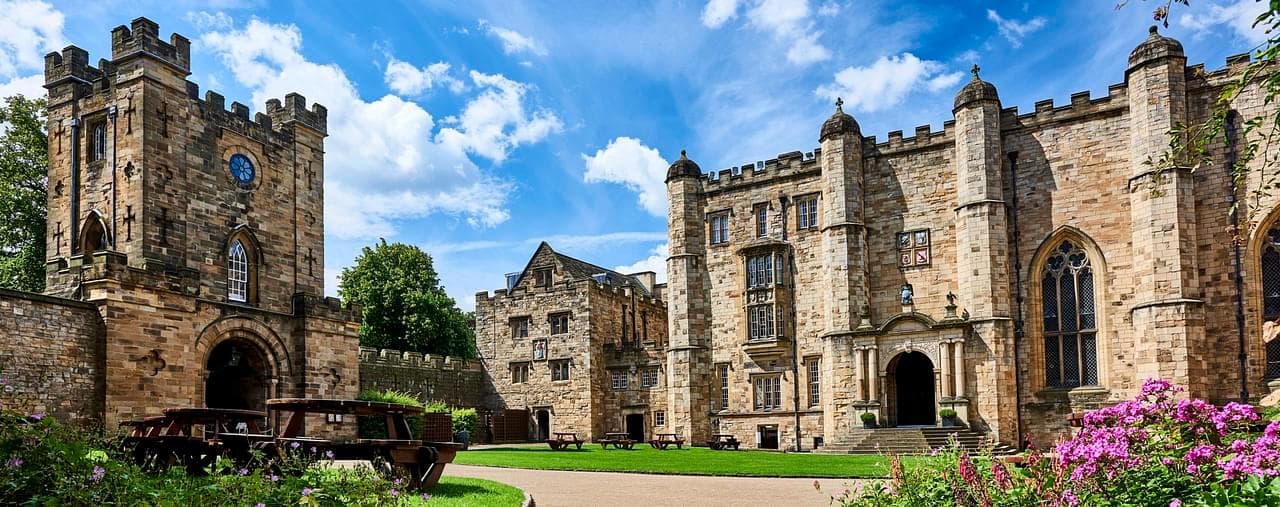The course is delivered through a mixture of lectures, seminars and practical classes as well as a dissertation. Typically lectures provide key information on a particular area, and identify the main areas for discussion and debate among Conservators in that area. Practicals then provide opportunities for you to implement and develop your skills, based on the knowledge that you have gained through your lectures and through independent study outside the programmes formal contact hours. Self-development learning packages allow you to continue your learning in a structured way outside of the practical sessions. The dissertation allows you to develop advanced research skills in an aspect of conservation or artefact studies.
The balance of activities changes throughout the course, as you develop your knowledge, skills and ability as independent learners and practitioners. The course therefore prepares you for work or further study once you have graduated, with an emphasis on taking your learning from the classroom to real life situations in Museums and conservation laboratories. All teaching is delivered by qualified conservators.
In the first two terms of the first year you will typically attend 4-5 hours a week of lectures, 6 hours of practical work including seminars, 3 hours of structured self-development learning and up to 9 hours of conservation skills working in the conservation laboratory. Outside timetabled contact hours, you are also expected to undertake independent study to prepare for your classes and broaden your subject knowledge. The department also has an exciting programme of weekly one-hour research seminars which you are strongly encouraged to attend.
The balance shifts in the third term, as you develop your abilities as independent learners through supervised practical conservation work for 4 days a week over 10 weeks and create a portfolio of your work and reflections.
The emphasis on using the independent study and research skills developed in the first year of the course is continued through the dissertation, which marks out the researcher route. Under the supervision of a member of academic staff with whom you will typically have ten one-to-one supervisory meetings, you will undertake a detailed study of a particular area resulting in a significant piece of independent research.
